|
21st March 2020 Saturday is here and normal Saturday gaming has not resumed due to the Covid-19 pandemic. On the last meeting of the Woking Gaming Club, Simon & Colin invited us to play a final game, provided that an opportunity would present itself. And that opportunity did present itself - on Saturday 21st March. So we're at Simon's for a Saturday as his wife and children are away. The game of the night was 'Maracaibo'. If you've ever favoured yourself as an adventurer, explorer or trader jobbing your way round and round in circles for years in the Caribbean. Then maybe, just maybe. This is a game for you. What's in a game? Maracaibo is a big game with a lot of components, cards and tiles:
How's it play? There's quite a lot of setup to this game. Since we're not playing the campaign, some of the components will be left out.
So now we're ready! The basic principle of Maracaibo is to travel from location to location in a loop from and back to Havana. Stopping at different places will allow players to perform different actions in pursuit of victory points. A player's turn consists of 3 phases, sailing, main action & drawing cards.
Let's start with city actions:
Players keep taking turns until a round ends. A round continues until any player reaches space 22. There's a game mechanism that prevents a player immediately ending a round (Players must stop at space 21 first.). Then the following actions occur. Players can purchase a project card or gain 2 VP. The money and victory point economy tracks are dealt with. A new prestige building is revealed and new quest cards are placed on the board as required. The new first player is the player who ended the previous turn. Endgame Play continues until the end of the final round. Points can come from project cards, player boards, prestige buildings, rank with nations and of course the scoring track. Final points are tallied and highest score wins. Overall
TLDR; right? Although I've probably made it sound more complicated than it actually is. Maracaibo definitely sits at the heavier end of the complexity scale. Some of this complexity is down to rules, but much of it is due to having so many things going on at the same time. Not only is there the main track and project cards and ship grades and personal objectives, there's the exploration track. Then there's the influence and rank tracks. I've probably missed something too! All of these are ways to score points It's a lot for a player to think about and take in, particularly with potentially very limited turns! There may be 22 spaces on the main track, but if a player races round, they can end the round after about 4 turns. A sneaky player can end the game quite quickly and if players don't pay attention, they may get caught flat footed. So players need to think of ways to optimise their strategy, manage their resources and play to the strengths of their personal objectives. They also need to keep an eye on what other players may be doing with regards movement and also to influence and rank, high rank with a high influence nation can be the source of a lot of victory points. This is not a confrontational game by any means, but influence represents the only way players can mess with each other (Even though it's indirectly.). Lowering a nation's influence after another player has increased their rank with that nation can cost them a lot of victory points. Its mechanics suits its themes fairly well as what players are doing is following trade routes whilst buying and selling. Whilst Maracaibo is not the most complex or heaviest of games, but it's complex enough. It's a game that will take a couple plays to understand a learn, so it's not very accessible. But if you like heavier games, then you'll be used to that. If you like heavier games and you like the theme, you'll probably like Maracaibo, although it typically requires a few hours to complete, around 3 hours I'd say. For me, I'd like to play it again, but it sits close to the upper limits of complexity I like dealing with.
0 Comments
Leave a Reply. |
AuthorI play, I paint. Archives
March 2024
Categories
All
|

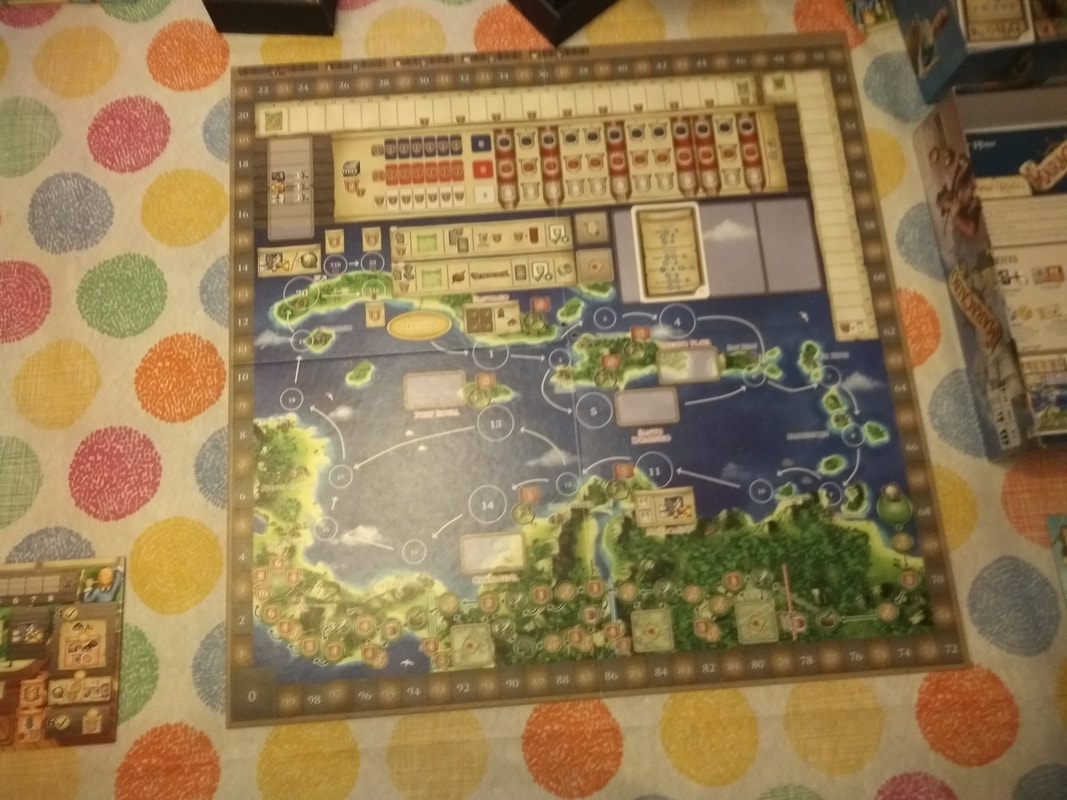
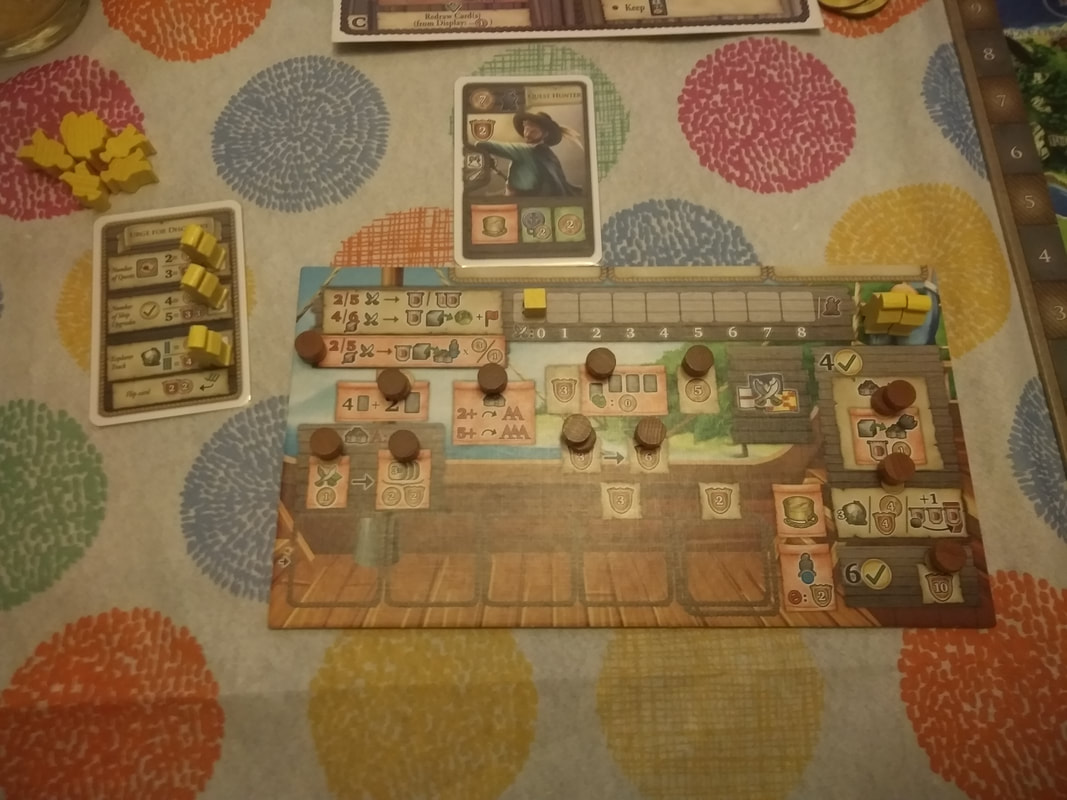
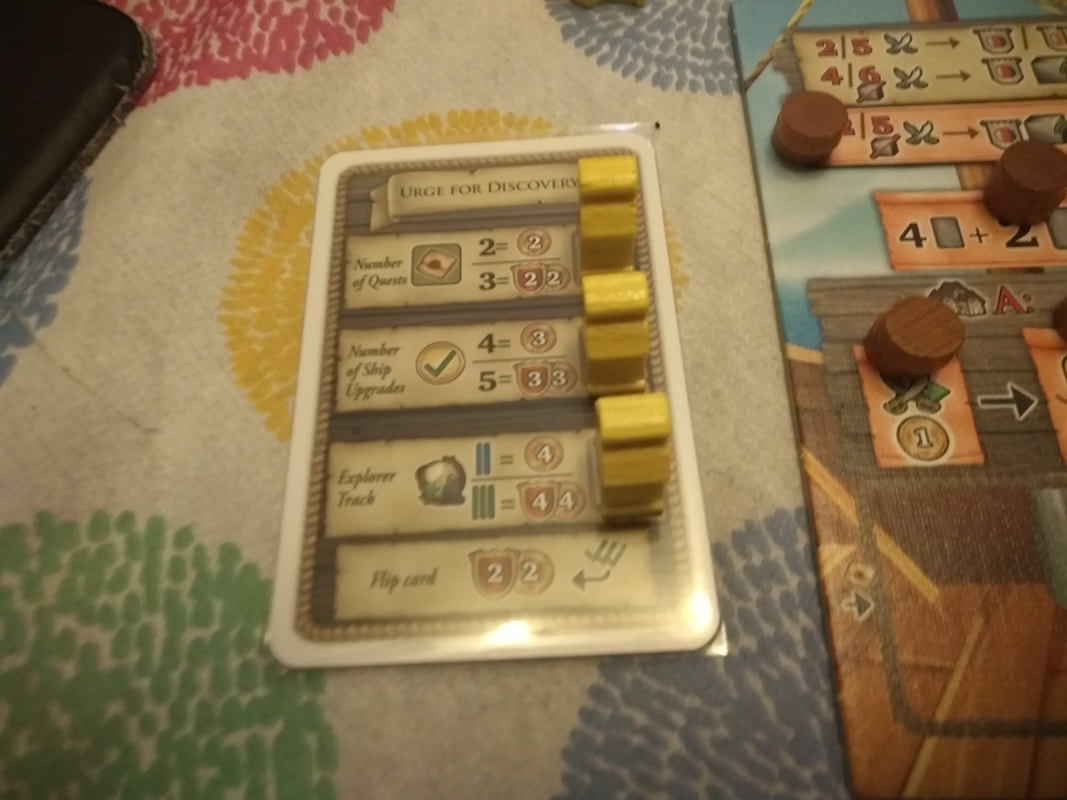
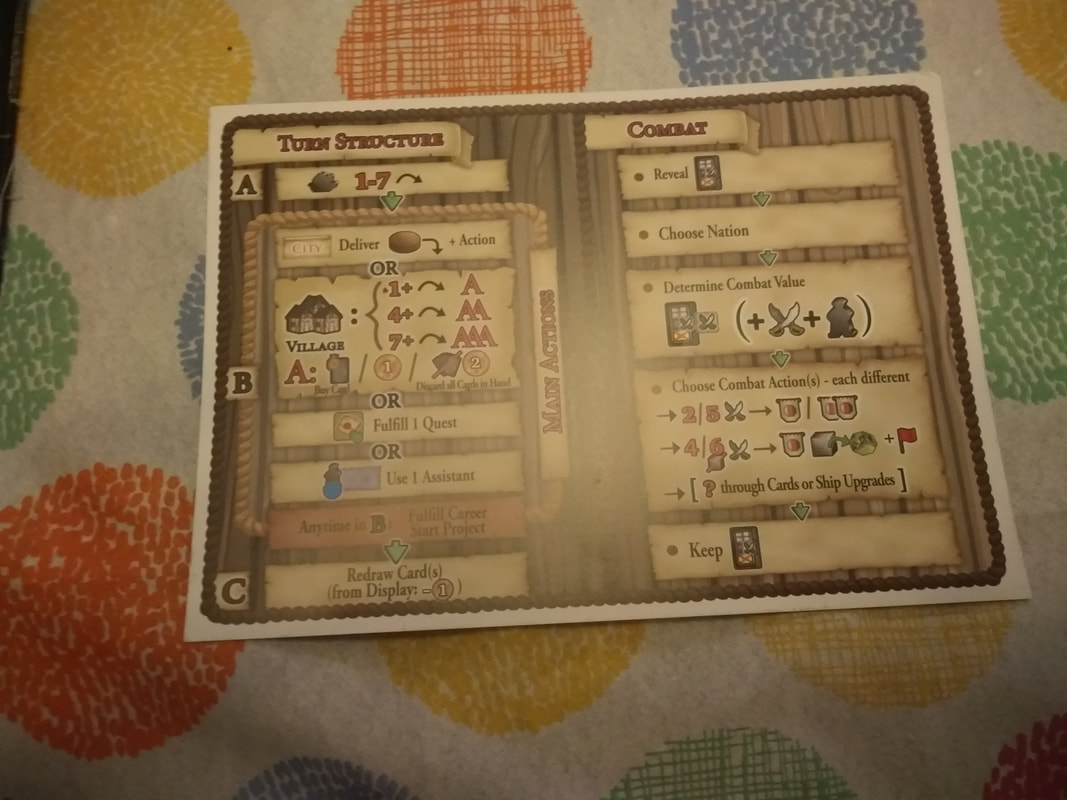
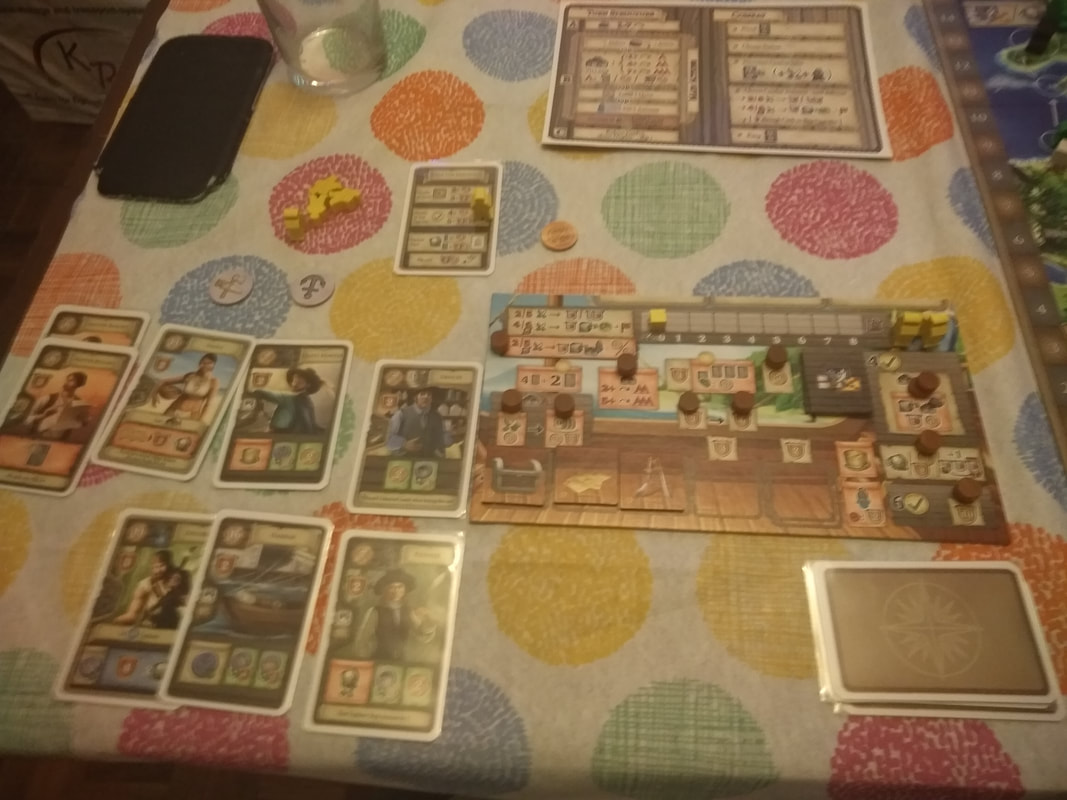
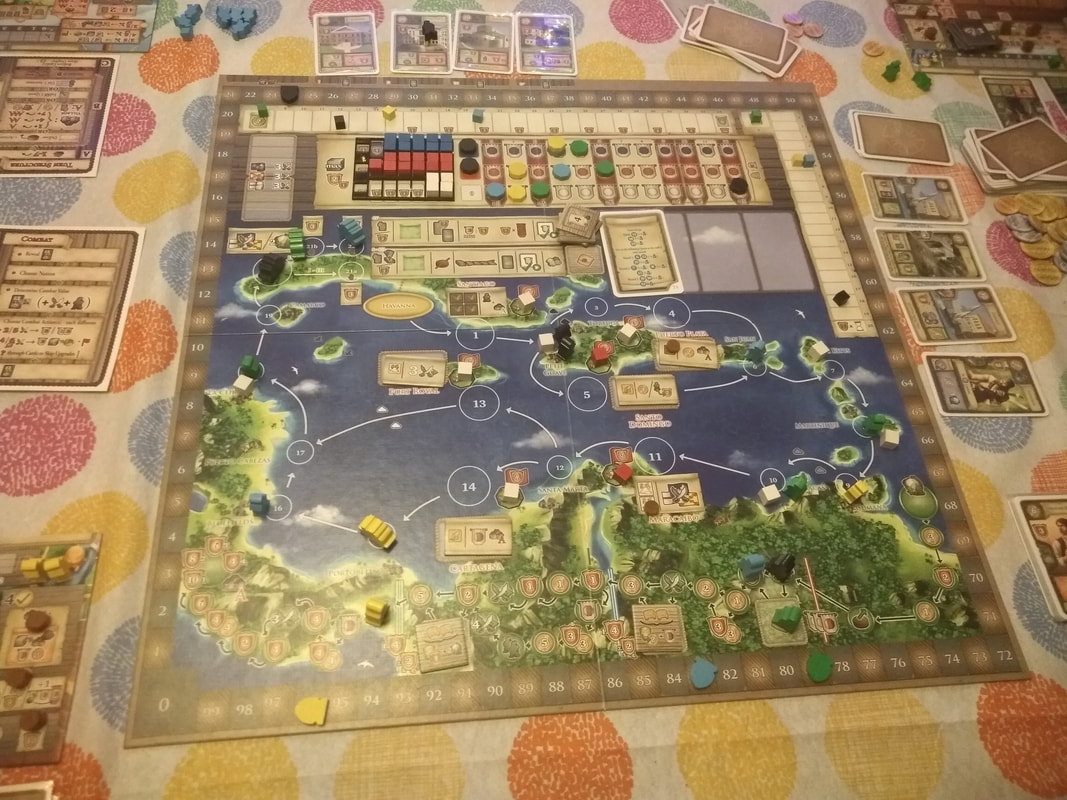
 RSS Feed
RSS Feed
